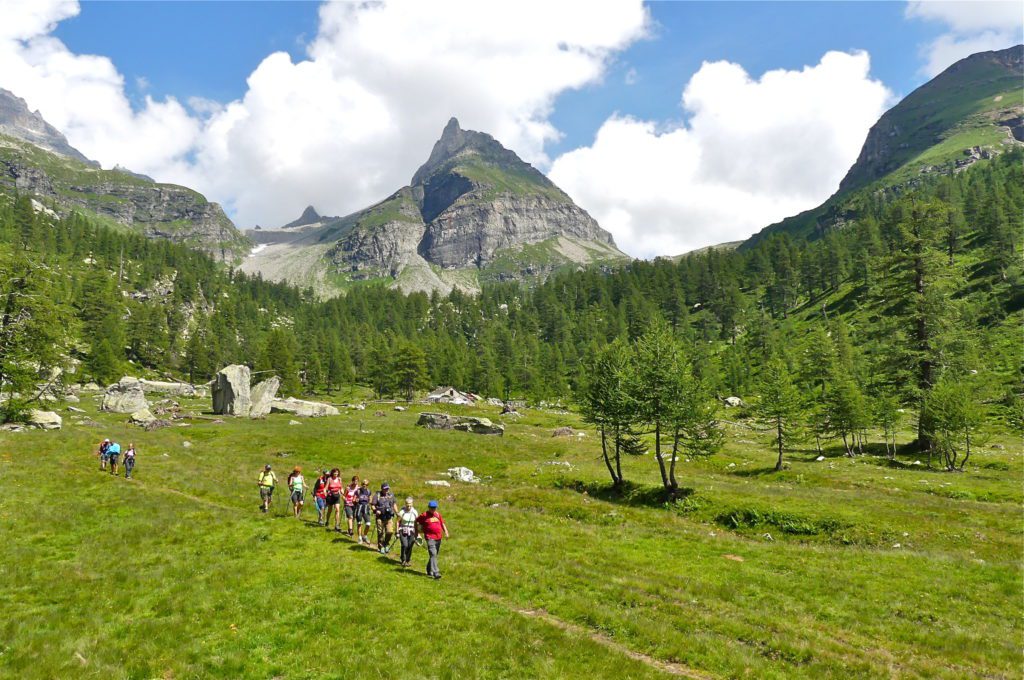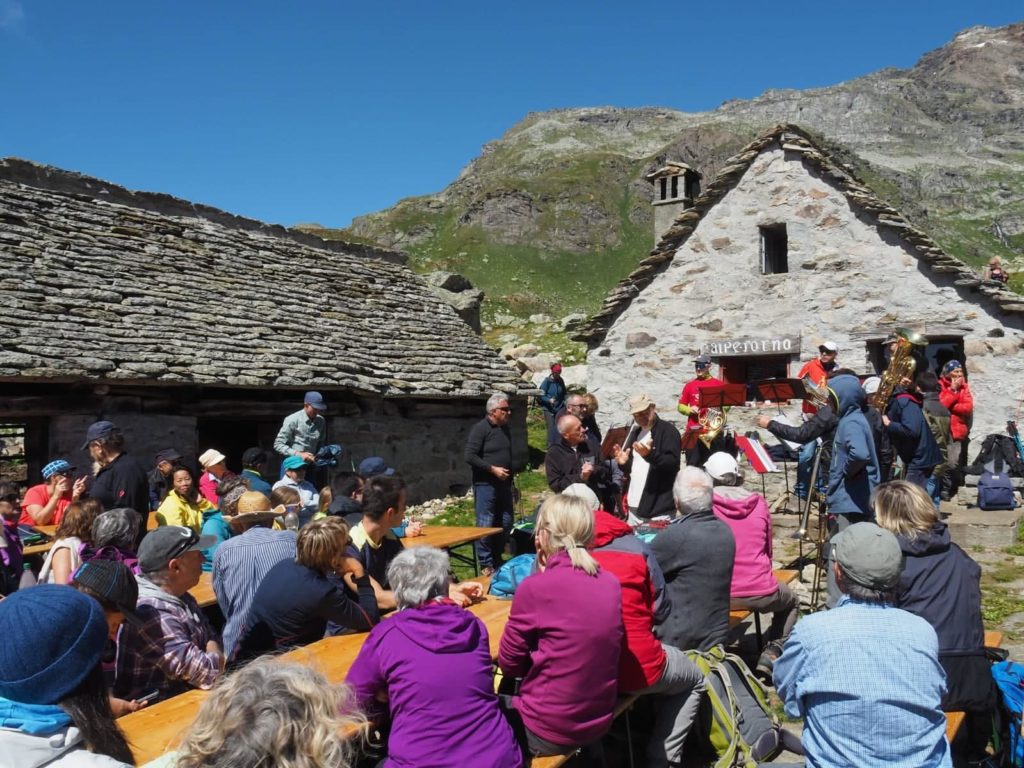TransParcNet Meeting 2020: Parks & Cultural heritage across borders
Every year, the TransParcNet meeting brings together protected area professionals working with their neighbouring parks, to protect their shared heritage. This year, special focus will be given to cultural heritage!
Due to COVID-19 restrictions the TransParcNet cannot take place face to face. It will happen in a digital format on the 9th of December. You can find all information here.
For informational purposes the original information can be found down below. We hope to meet again face to face next year.
Parks & Cultural heritage across borders
Nature knows no boundaries, but political barriers have sometimes been based on natural borders, dividing the continuity of space. However, these spaces have a common cultural heritage. People adapting to the environment in which they live have an undeniable common heritage of “cultural biodiversity” on both sides of the borders. In addition, this link with nature also goes in another direction: people have modified nature to make it less hostile to humans.
“Shaped by nature, sculpted by man” (For more information on nature and culture, we invite you to have a look at our past webinar on cultural heritage and interpretation)
But what does it mean to preserve the « cultural biodiversity » of the Alps?
The Ossola Protected Areas in Italy and the Landschaftspark Binntal in Switzerland are located in the Lepontine Alps, a natural environment dominated by rocks and glaciers. The cross-border park is united by the historical experience of Walser culture, developed since the 13th century on both sides of the Alps.
The shared dialects, the local knowledge of building houses and barns with larch wood, and the common free-trade relations in the mountains have made it possible to achieve a common historical experience. Every year to promote this cooperation, these parks organise events that bring together the inhabitants of both countries to present and share their natural and cultural values. It contributes to enhancing the common regional identity of local people.

“The cross-border park unites peoples ” (quote from the interview published in our last annual journal)
This transboundary cooperation allows a better management, especially in the face of climate change issues.
Why is the Transboundary Parks programme important?
Both parks have the same natural environment, identical tourist visits focused on summer and winter mountaineering, and share also the same challenges. In order to have a coherence in conservation policies and to ensure an effective management of the park, exchanging information and good practices is essential to ensure good ecosystem conservation status.
Exchanging scientific information and joint monitoring activities provide us a better understanding of the territory and more appropriate measures.
“Ensures a peaceful future in harmony with nature for the next generations” (quote from the interview published in our last annual journal)
This cross-border cooperation is essential for protected areas: it creates a common vision and allows for better coherence in action, and therefore a better conservation policy of our natural and cultural heritage.

About the Transboundary Parks Programme
With the Transboundary Parks Programme, we are strengthening human ties beyond borders, promoting cooperation on a practical level, and fostering a shared sense of ownership of the area’s natural and cultural values.

The Transboundary Parks Programme is the recognition of our successful policies for joint regional and sustainable development, which protects nature, promotes cooperation and international peace. Get to know more about our Transboundary Areas!
REGISTRATION IS NOW OPENED !
Places are limited! Transparcnet members have priority, but if you are interested in the event, please contact the organizer, Stefania Petrosillo (stefania.petrosillo @ europarc. org).
Participation fee: 70€ (not including accomodation)
Here is the programme of Transparcnet Event!
Travel Information Transparcnet Meeting
